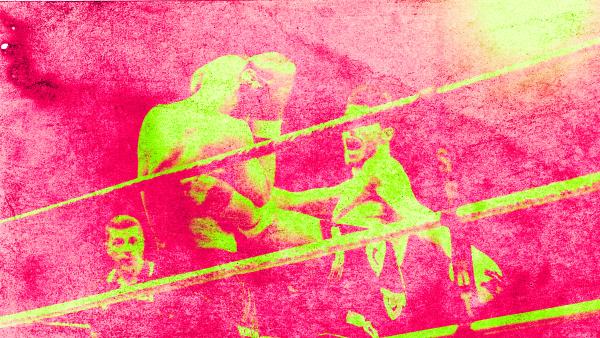Jonathan Gottschall is an English professor who trained for MMA – mixed martial arts – out of curiosity and wound up in the ring. Steve Paulson talked with him about why, and what it taught him about our relationship with violence.
Audio
Writer Leslie Parry describes what Coney Island would have sounded like during its heyday 100 years ago.
The celebrated cartoonist Chris Ware has a graphic novel called “Building Stories.” It is full of stories. It is an actual building. Steve Paulson says, “it’s like nothing he’s even seen or read before.”
In her book "On Immunity: An Inoculation," social critic Eula Biss explores the metaphors and myths hidden behind vaccine hesitancy.
Kazuo Ishiguro discusses his latest novel, "The Buried Giant." Set in a mythic past with ogres and pixies, it's a dramatic shift from his previous work.
Why have some parents started second guessing their pediatrician’s advice, to the point that measles is showing up in Disneyland? Historian Arthur Allen explains how we got here.
Producer Charles Monroe-Kane's son goes to a school with a 13.8% non-vaccination rate. So why aren't his neighbors vaccinating their kids? Charles went out searching for the answer.
Talking about race is fraught these days, so it took guts for Paul Beatty to write his novel "The Sellout." It's a satire about a young black man who winds up on trial at the Supreme Court. And along the way, he enslaves an old friend and re-segregates the local high school.








